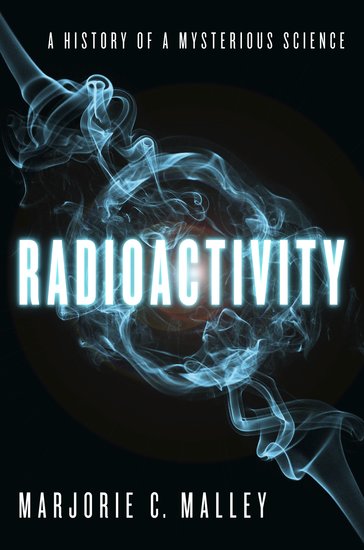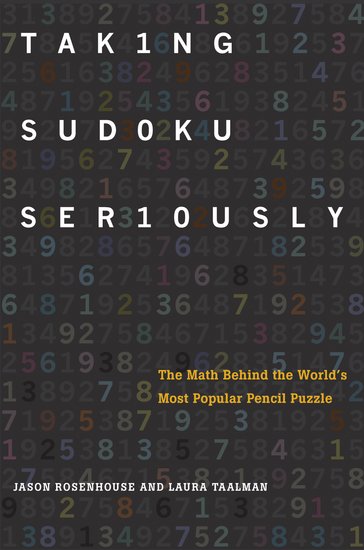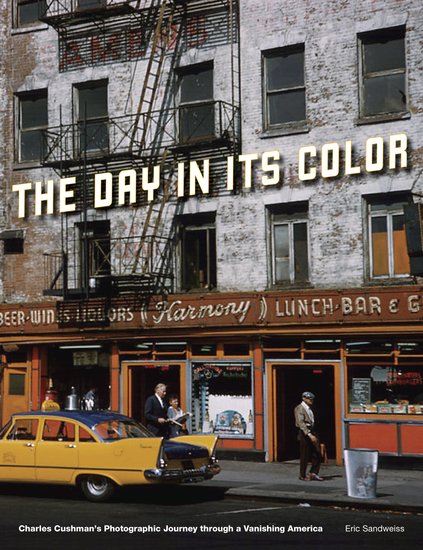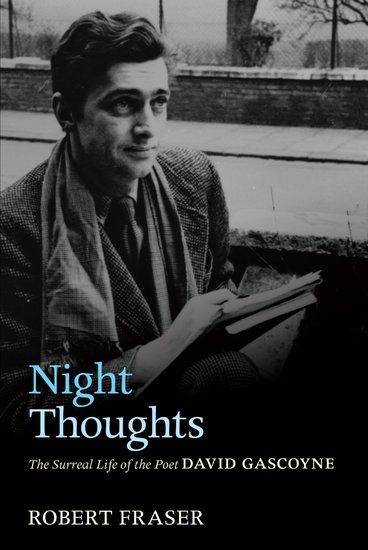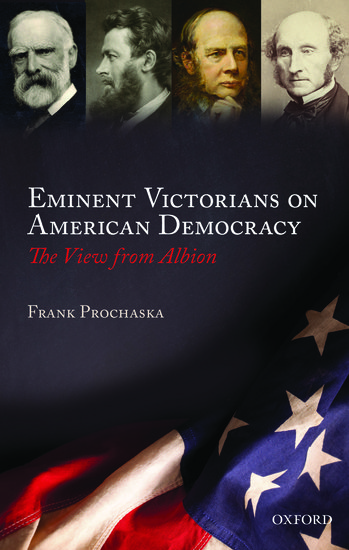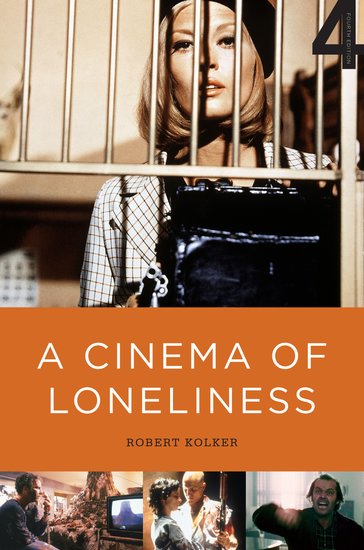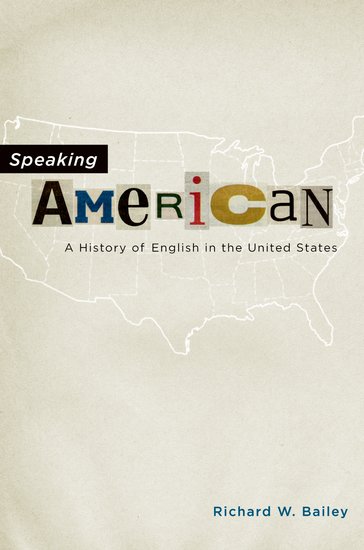The Fukushima Daiichi Nuclear Disaster: A look back 100 years
By Marjorie C. Malley
This weekend we remember a tragic, terrifying accident that potentially affected not only Japanese citizens, but the entire planet. Dangerous radioactive substances were released into the atmosphere, making the region around the plant uninhabitable, and contaminating the drinking water and the food chain.

